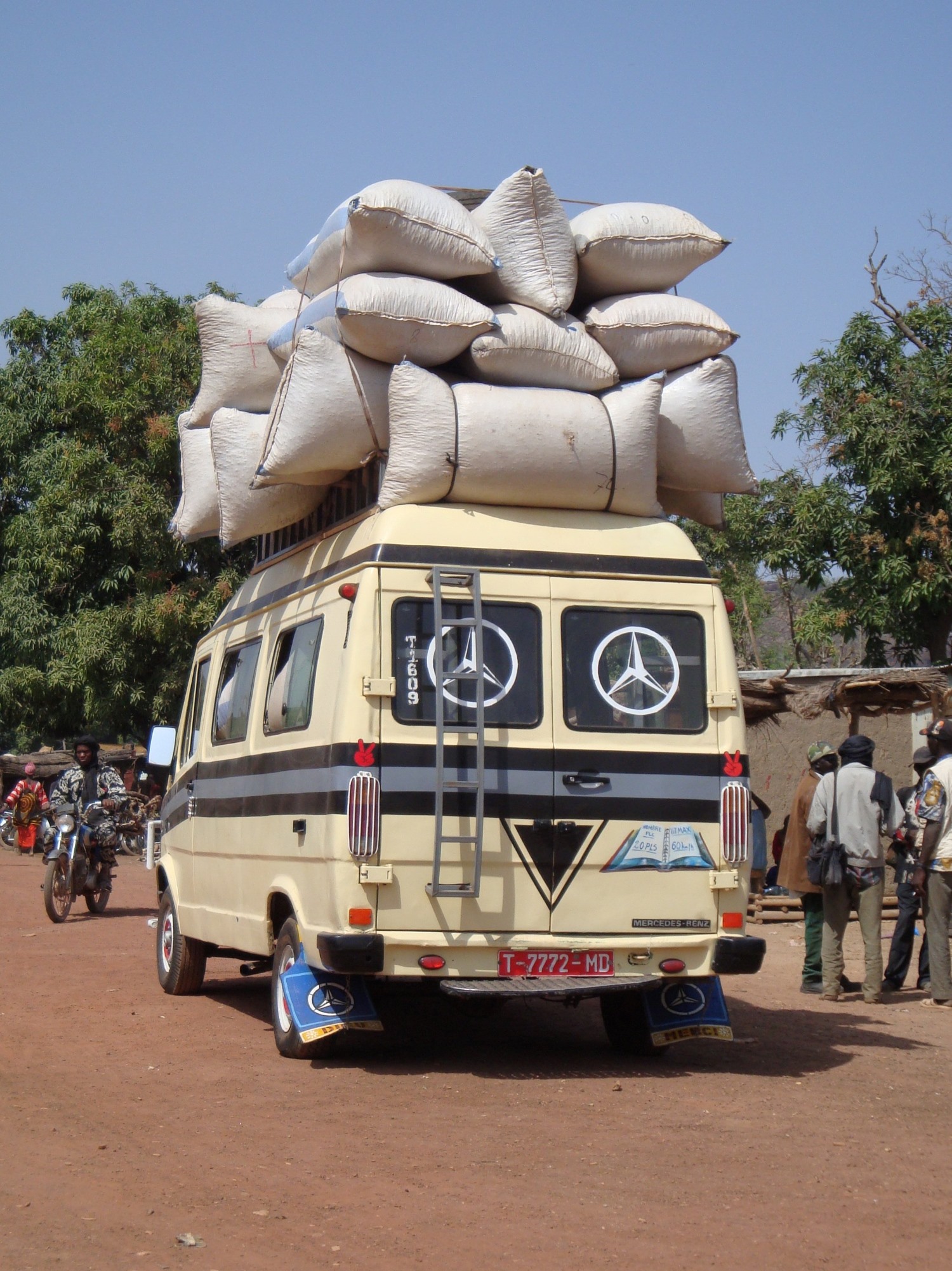Improve living standards of people in poor areas
The Development Economics team studies various topics related to economic activities in developing nations. In particular, issues such as brain drain, environmental factors, and their effect on mobility, are addressed. Additionally, the group conducts studies on taxation, mining industry, origins of conflict, food insecurity and public policies in Sub-Saharan Africa.
Some of our projects
While various aspects linked to development economies are considered, some themes are recurrently addressed and different aspects of development have been the subject of more extended projects, sometimes supported by funds external to the university. This is the case, for example, for questions of mobility and migration, which are one of the major axes of the department, but also the analysis of conflicts, the impact of climatic factors in the broad sense, and tax aspects in developing countries.
A non-exhaustive list of project is showcased hereafter.
-
Start date
01/10/2023
-
Duration in months
48
-
Funding
FNR INTER
-
Project Team
L. Bertinelli
-
Partners
J-F Maystadt (UCLouvain)
-
Abstract
Road deficiencies are recognized as a major impediment to economic development, in particular in Sub-Saharan Africa. However, the ecological footprint of road investment has also been a source of concern. The proposed project seeks to better understand the complex consequences of road infrastructure in terms of sustainable development. First, we will quantify the impact of road infrastructure on food security in Sub-Saharan Africa. Based on about finely defined Health Surveys from 33 sub-Saharan African countries between 1988 and 2020 and the digitized road maps from Michelin, we will assess how road accessibility affects child malnutrition, a standard health indicator. In that way, our research project will contribute to the second UN Sustainable Development Goal to end hunger, achieve food security and improved nutrition. Second, we will open the black box of the channels through which road infrastructure can affect food security. In particular, the role of deforestation, resulting from road construction will be addresses. This will allow to shed light on potential tradeoffs between economic vs sustainable development. Of importance will be to observe whether (and if so, to what extent) road-induced renewed economic activities are accompanied by higher rates of forest degradation. We will have recourse to satellite-based pictures, to analyze the vegetation and land cover changes. In a second instance, our focus will be on the Democratic Republic of Congo (DRC), a case in point of the potential trade-off between economic development and environmental sustainability. More precisely, we will explore how diet diversity and the sectoral composition of the local economy have changed when both road construction and deforestation co-exist.
-
Start date
01/01/2023
-
Duration in months
36
-
Funding
European Commission – Prog. Horizon 2020
-
Project Team
Michel Beine; Arnaud Bourgain; Melissa Tornari
-
Partners
Kiel Institute for the World Economy (IfW); Université Cheikh Anta Diop de Dakar
-
Abstract
The goal of the investigation is to test whether the intentions to migrate of Senegalese individuals may change after having acquired skills either in Coaching to Entrepreneurship, in Vocational Training or in a combination of the two. This analysis is based on a lab in the field experiment with Randomized Control Trials in Dakar region. The study design will be developed in three main steps. A first-wave survey (questionnaire) has been defined to preliminary investigate migration intentions. This will be distributed to a random sample of individuals aged 18-35. Randomized interventions will be carried out in a second phase. Subjects will be allocated among training activities, either to Coaching to Entrepreneurship (CE), Vocational Training (VT), both or a control group. After the period of development of the coaching and training activities, a follow up questionnaire will be distributed to the subjects. This has the explicit purpose to test whether labour market outcomes, entrepreneurial activities and migration intentions significantly differ across the four experimental groups.
